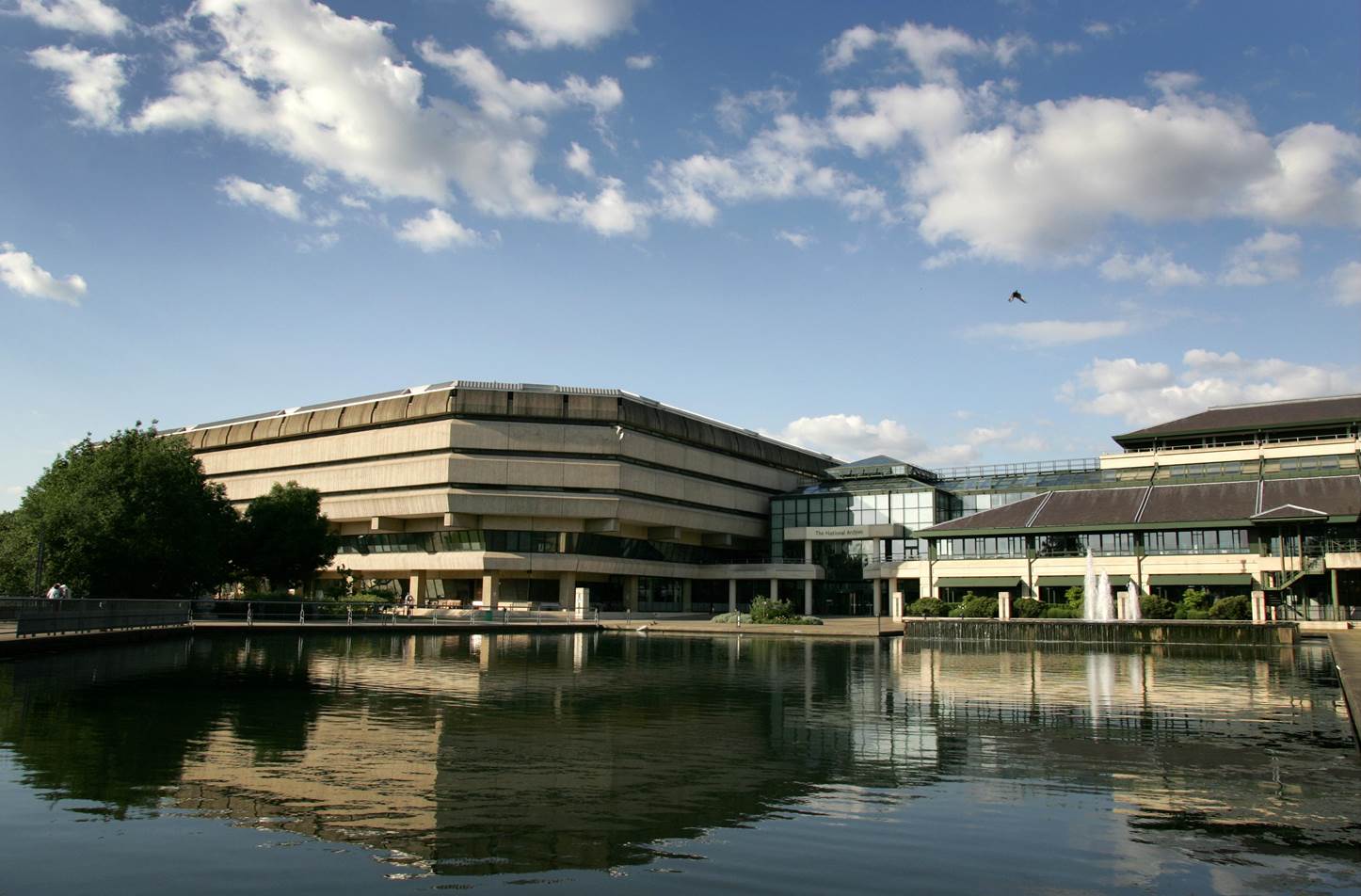Department will shortly issue guidance on support with buying tech
The Home Office’s headquarters in central London Credit: Yui Mok/PA
Home Office staff in England could be working from home for the next year as departments limit the number of people working in their buildings to comply with coronavirus social-distancing measures, a departmental email has revealed.
The message, from Home Office permanent secretary Matthew Rycroft and second perm sec Shona Dunn and seen by PublicTechnology sister publication Civil Service World, sets out a strategy for staff to return to work in the coming months.
The department bosses set out a four-phase plan for staff to return to the office as lockdown measures are eased, which will see a limited number of people allowed on site to enable social distancing to continue. At the moment, all Home Office staff – apart from those who are considered key workers and need to be in an office to do their jobs – are working from home.
Related content
- ‘Smart working used to be an aspiration – now it is government policy’
- Home Office misses targets for release of scrutiny reports
- Government plans revamp of flexible working policy
“For most, it is likely that this situation will remain the case for the next six to 12 months so if you are currently working from home, you should not expect to be back in your usual workplace any time soon,” Rycroft and Dunn said. “It is important that no one makes their own decisions about returning to the workplace and no business areas should assume they will revert to their old footprint.”
Given the length of time that employees may have to continue to work from home, Rycroft and Dunn acknowledge that many workers “will have practical questions about longer-term arrangements and what this means for you”.
Guidance on specific issues – such as support with acquiring the necessary technology – will be issued in due course.
“There will be questions such as how you can order IT [and] desk equipment, manage long-term caring responsibilities alongside work, or adapt how you are working so that it is sustainable over a more prolonged period,” the message said. “We will be providing more detailed advice on this in the coming weeks.”
The four phases
In the first phase, only those people whose work requires them to be in an office will be allowed to return. “Seniority will not be a factor in these decisions,” the Home Office said.
The second phase will open up offices to staff “who are prioritised for their own wellbeing as they are vulnerable working from home or who have health and safety requirements best accommodated in a workplace”.
These two groups of people are likely to occupy most of the Home Office’s reduced building capacity, it said.
It is unlikely that other staff will be able to return until government lockdown measures are eased, the guidance said.
After this point, the third tranche of staff to return will be those in jobs that can be done mostly from home, but which include “some duties that either cannot be performed from home or could be performed more easily in a workplace”.
And in the fourth phase, teams working on “highly collaborative, fast-paced projects or programmes” that would benefit from people working in the same building will be allowed to return.
The action plan applies only to officials in England. “For colleagues living or working in Scotland, Wales or Northern Ireland, the easing of restrictions will reflect differences in approach set out by the devolved administrations, so please continue to comply with their guidance,” the email said.
“Overall, our top priority remains to protect the health and wellbeing of all our people while maintaining the delivery of our most critical work. And our message still holds: you should continue to work from home if you are able to do so,” the perm secs said.
The department is working with unions to plan its next steps. It will later share a set of protocols to help managers considering when it is appropriate for staff to return to their workplaces. Risk assessments and guidance will be shared “to ensure a consistent approach across the Home Office and wider government”, the message said.
“Covid-19 has had a huge impact on all of us in different ways and many colleagues are juggling both work and caring responsibilities,” it added. “Whether you’re coming into a workplace, have continued working on the frontline or are working from home, we are extremely grateful to all of you for your flexibility and professionalism.”
‘A responsible employer’
Dave Penman, general secretary of the FDA union, said the guidance was “exactly what we’d expect from a responsible employer and is fully in line with government guidance and the realities the country faces over Covid-19″.
“As has been consistently said by the government’s scientific advisers, we will have to adapt longer term to some form of restriction. With limited capacity on public transport and the realities of social distancing in the workplace, staff who can continue to operate from home will be expected to,” he said. “It is testament to the skill and dedication of the civil service that it has been able to adapt so comprehensively and quickly to these new realities, particularly at a time when the demands being placed on it are increasingly complex and of an unimaginable scale.”
A government spokesperson said: “The guidance for civil servants is the same as the rest of the country. They should work from home where they can, but those who cannot do that are encouraged to go to work, and there is guidance on how to do this safely with social distancing. Civil servants across the UK continue to make significant and valuable contributions towards the country’s efforts to tackle coronavirus.”



